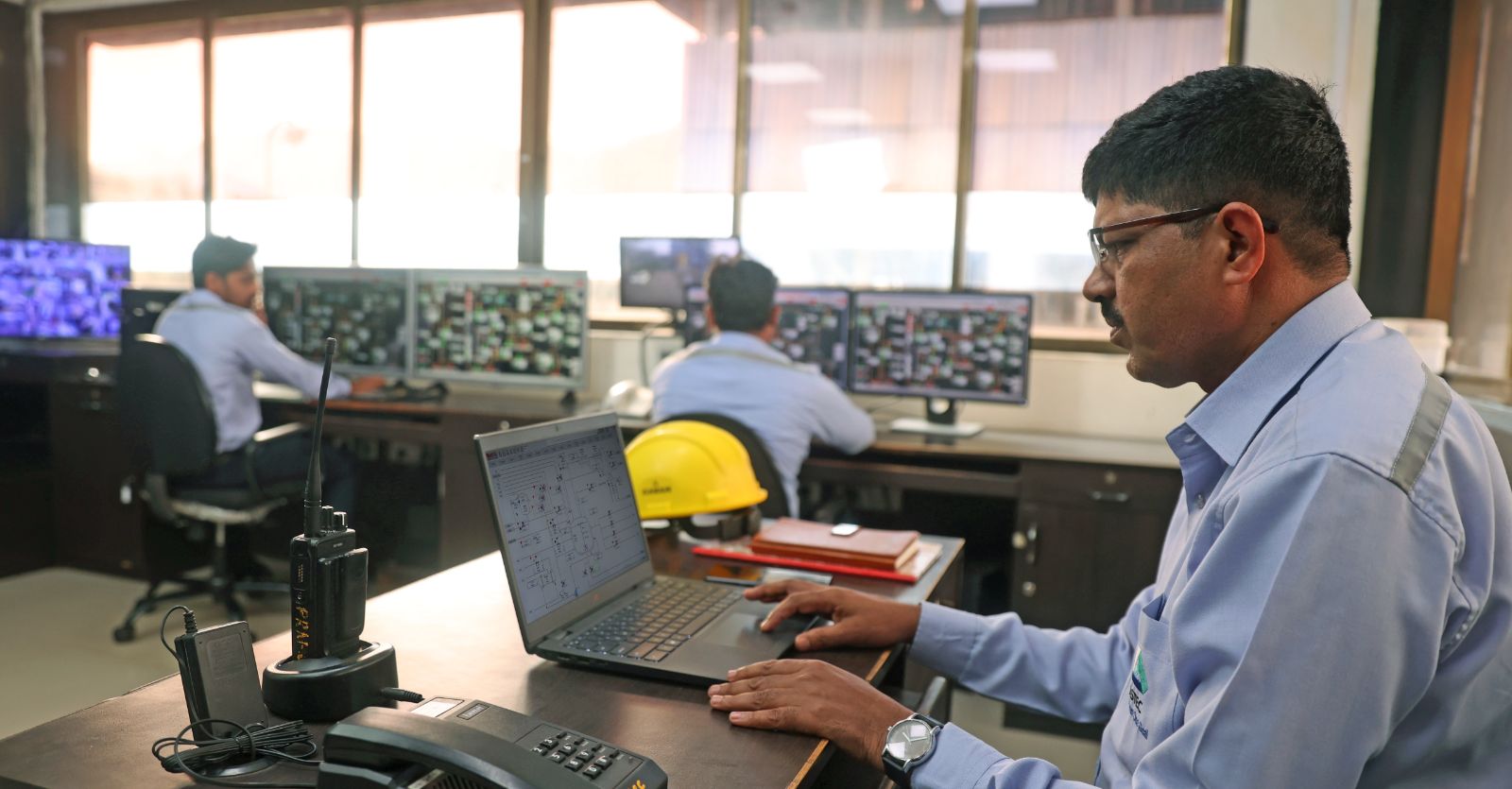
Held together by strong process development and process engineering capabilities, these technologies make Astec Life Sciences a leading and efficient provider of cost-effective products and services for global innovator clients.
With the help of our highly qualified and experienced team of scientists and chemical engineers, we have grown our portfolio of advanced chemistries that are suited to the ever-growing needs of the industry.
Our state-of-the-art research facility in Rabale in Navi Mumbai is geared to develop and commercialise new and innovative products. The new products are then scaled-up in our Pilot plant, and the learnings are captured before they are transferred to manufacturing.
Astec technology transfer team uses engineering competencies, process optimisation and safety learnings to facilitate the smooth start-up of commercial production with on-site support to achieve targeted quality, yield and cycle-time.
Our dedicated process engineering teams also work on the life cycle management of later-stage products and help with cost optimisation for our customers. They partner with customers through the process of design, development, scaling-up and also achieving cost leadership for our partners.
Our pilot plant comes with the following features: